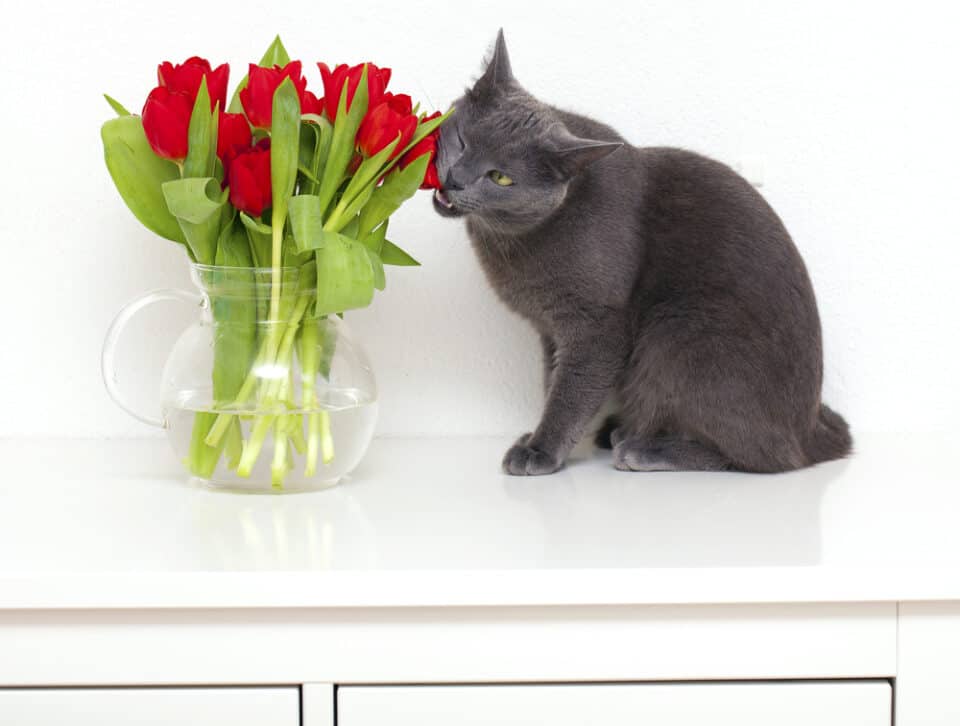Contents
All products and services on Project PAWS are independently selected by our editors, contributors, and veterinary experts. This post contains affiliate links. As an Amazon Associate I earn from qualifying purchases.To learn more, view my disclosure policy.
Last Updated on October 28, 2020 by Aimee
Cats and Household Toxins: Cats don’t seem to have the affinity to get into people food as much as dogs, but they can be very sneaky. The best thing cat owners can do is be aware of foods and plants that are poisonous and keep them out of your cat’s environment. Cats do like to chew on household and garden plants, sometimes to cleanse their digestive tract and sometimes it is the moisture content and taste of the plant. Either way kitty many not know our household décor can be toxic. cats have an altered ability to metabolize drugs or poisons through their liver, they are often more sensitive to certain products or chemicals as compared to dogs or humans.
Top Poisons for Cats
Topical spot-on insecticides:
Common flea and tick medications that you can find at your veterinary clinic or at the local pet store, if not label specifically for cats. Some medication that are safe in dogs are highly toxic to cats. Accidental poisoning in cats typically occurs when pet owners apply dog insecticides to their cats. Cat sometimes like the dog’s topical if they like groom or play with the dog. Always read the fine print, and never apply a “small dog” flea and tick medication to a “big cat”.
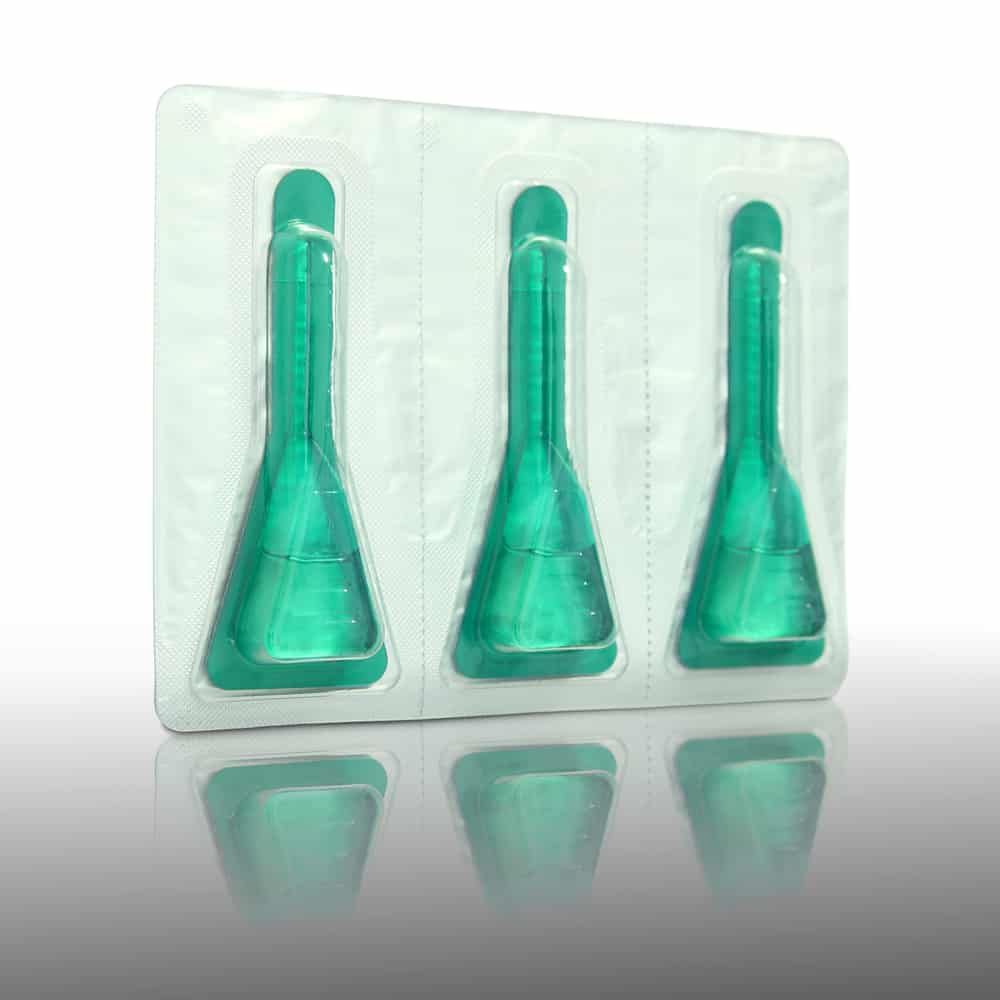
Exposure Symptoms
- Severe
- Tremors
- Seizures
- Hyperthermia
- Death is untreated
Household Items:
- Rodent traps and killers
- Radiator cooler – antifreeze
- laundry detergent
- drain cleaners
- concentrated toilet bowl cleaners
- rust removers
- lime-away
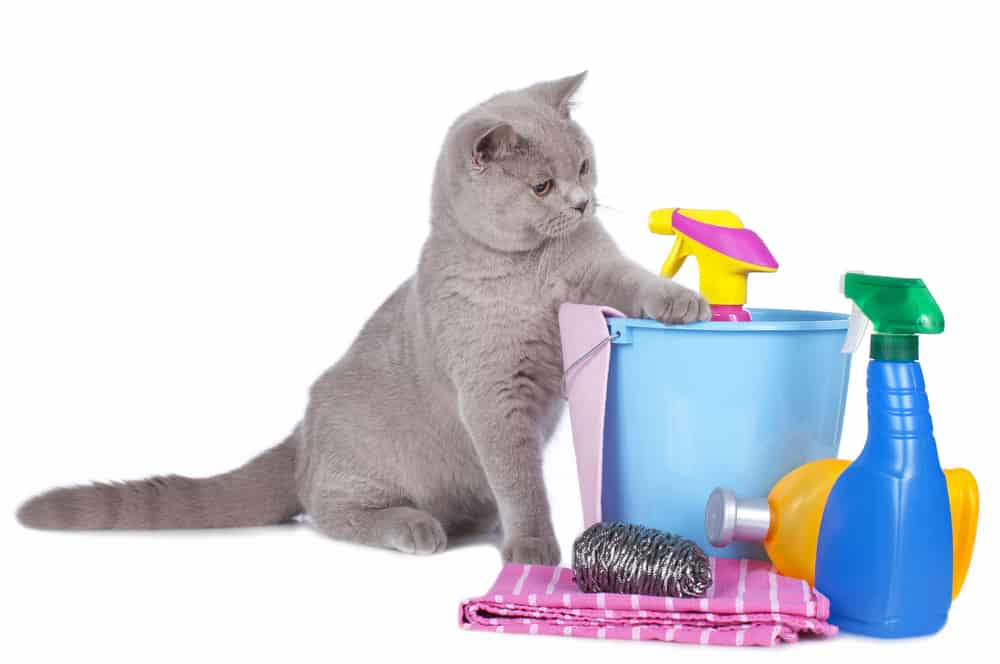
Exposure Symptoms
- severe profuse drooling
- seizures
- chemical burns to the mouth and esophagus,
- difficulty breathing
- vomiting
- death
Antidepressants:
Human antidepressant medication can be very dangerous. All are poisonous to cats. For some unusual reason, cats seem to be drawn to the smell or flavor of Effexor, making it appealing to them, since cats usually hate medication, so figure they would actually like to eat one. Be extra careful if you have Effexor in your home.
- Prozac
- Zoloft
- Effexor
- Cymbalta
Exposure Symptoms
- Lethargy
- Vomiting
- Tremors
- Seizures
- Hyperthermia
- Diarrhea
Human and veterinary NSAIDS:
Never give a pain medication to your cat. Common, over-the-counter, non-steroidal anti-inflammatories (NSAIDS) include drugs such as aspirin, naproxen, and ibuprofen can be potentially fatal to a cat.
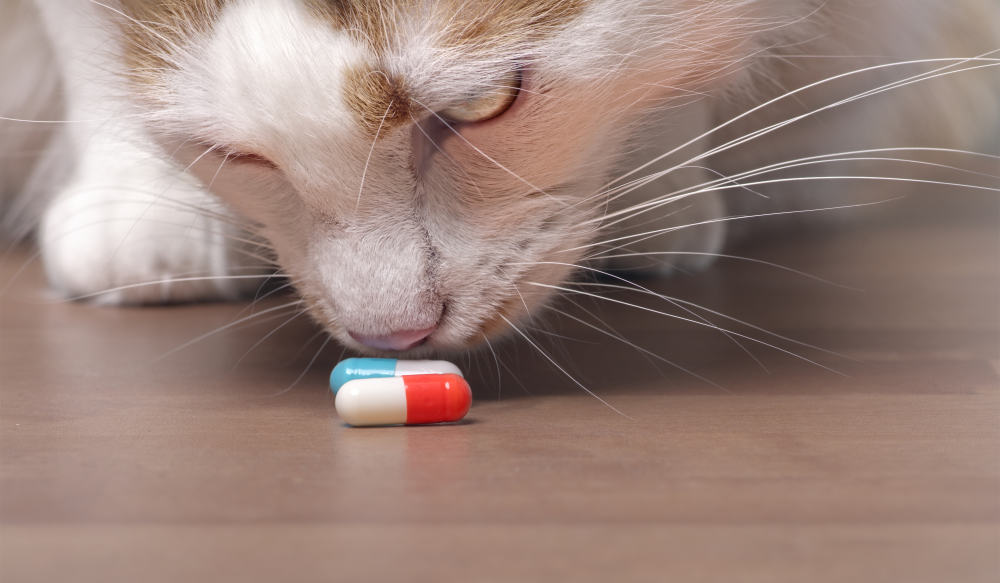
Exposure Symptoms
- stomach ulcers
- severe acute kidney failure
Poisonous plants:
While cats are naturally carnivores, they seem to enjoy munching on greenery. House plants, garden plans and even cut flowers and greenry can be toxic for your cat. Of all plants, Lilies are the deadliest. All it takes is a brush with a petal or to ingest the smallest bit of pollen or from grooming it off their coat and your cat can die.
- ALL Lilies, especially Tiger, Day, Asiatic, Easter and Japanese Show (Lilium and Hemerocallis spp.)
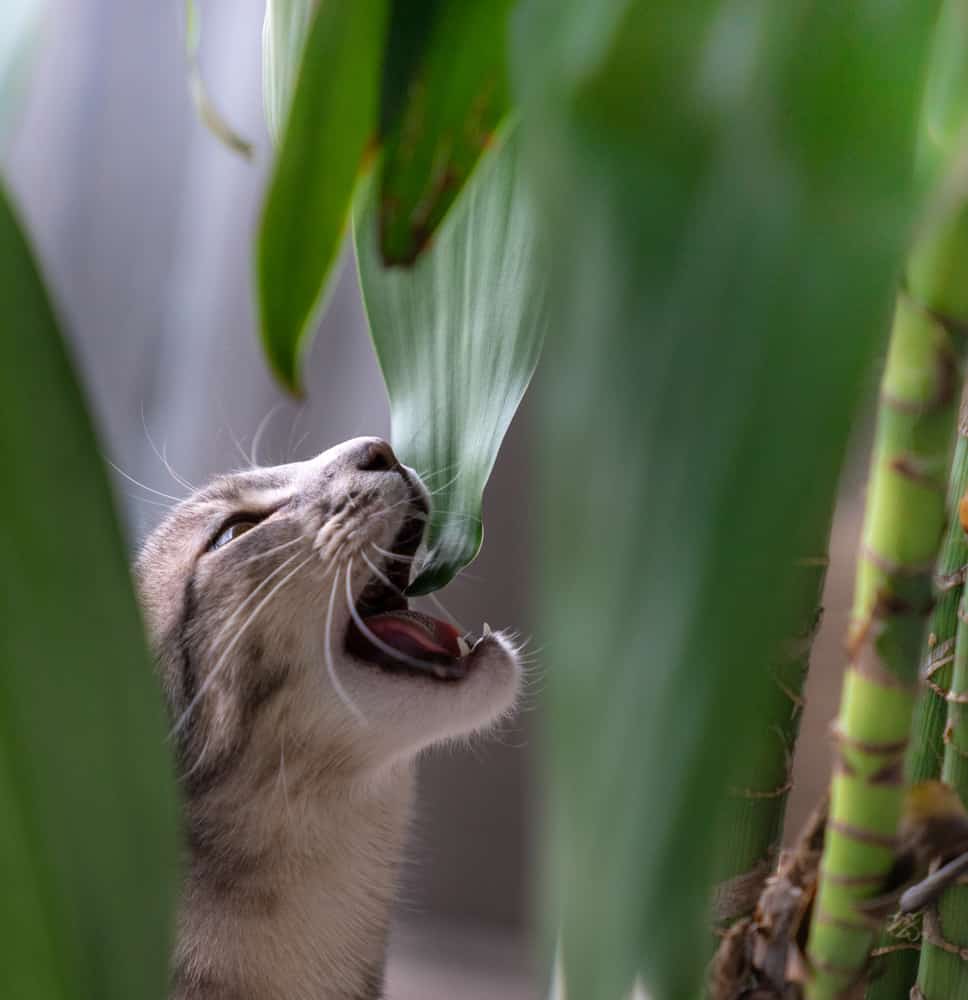
Exposure symptoms
- Severe, potentially irreversible acute kidney failure.
The best way to make your home safe is to be knowledge about what plants you have in your home and garden and look them up here to make sure they are safe. https://www.aspca.org/pet-care/animal-poison-control/cats-plant-list
A final word about Cats and Household Toxins…
Help I think my pet ingested poison!
If you think your cat has been poisoned, try to stay calm. It is important to act quickly, but rationally.
First, gather up any of the potential poison that remains — this may be helpful to your veterinarian and any outside experts who assist with the case. If your cat has vomited, collect the sample in case your veterinarian needs to see it. Call your vet and have your pet seen right away.
You can also call the ASPCA poison hotline at: 1-888-426-4435

